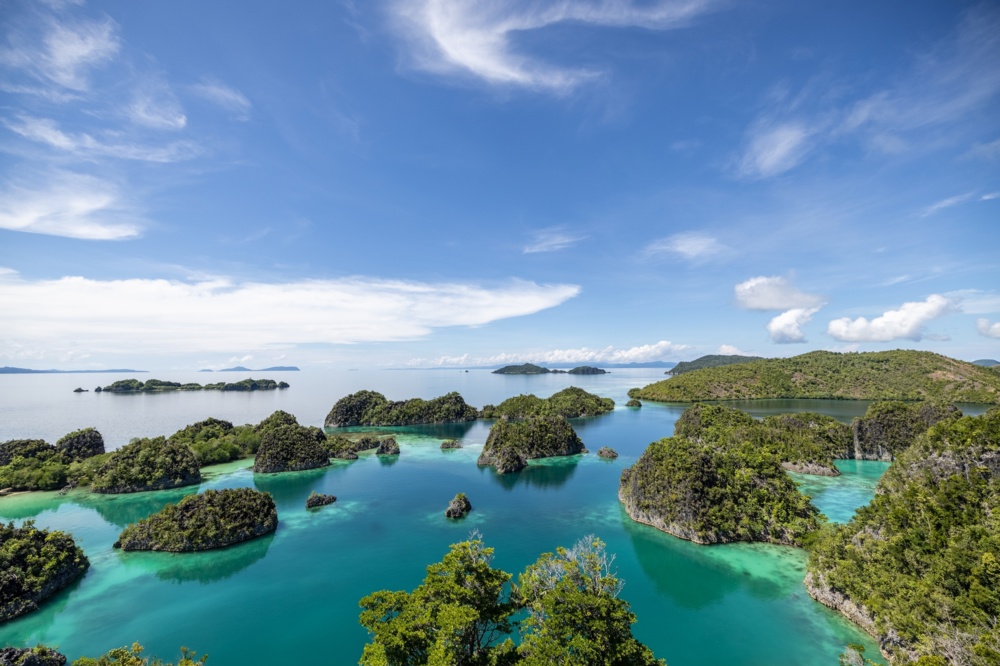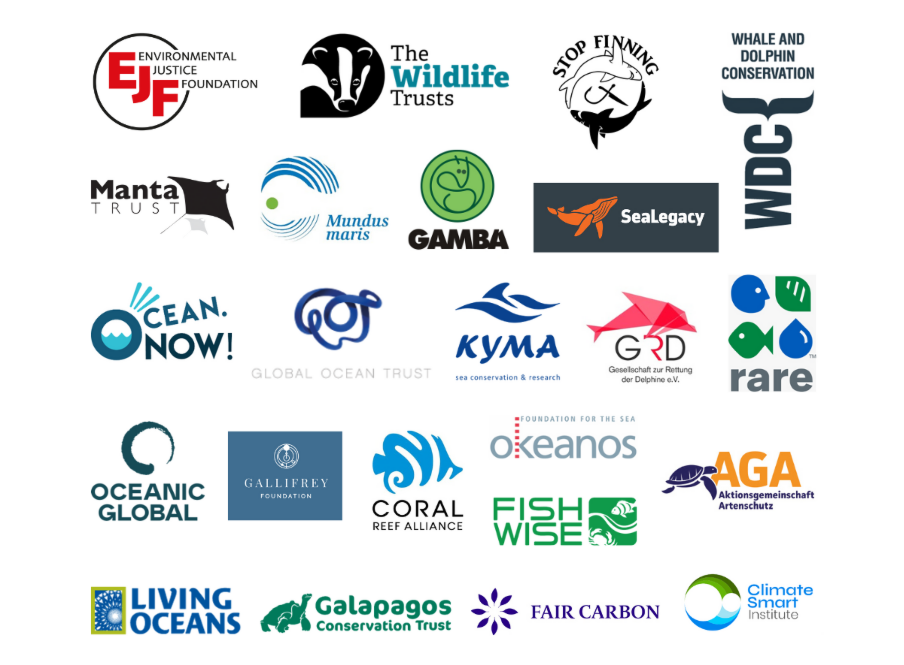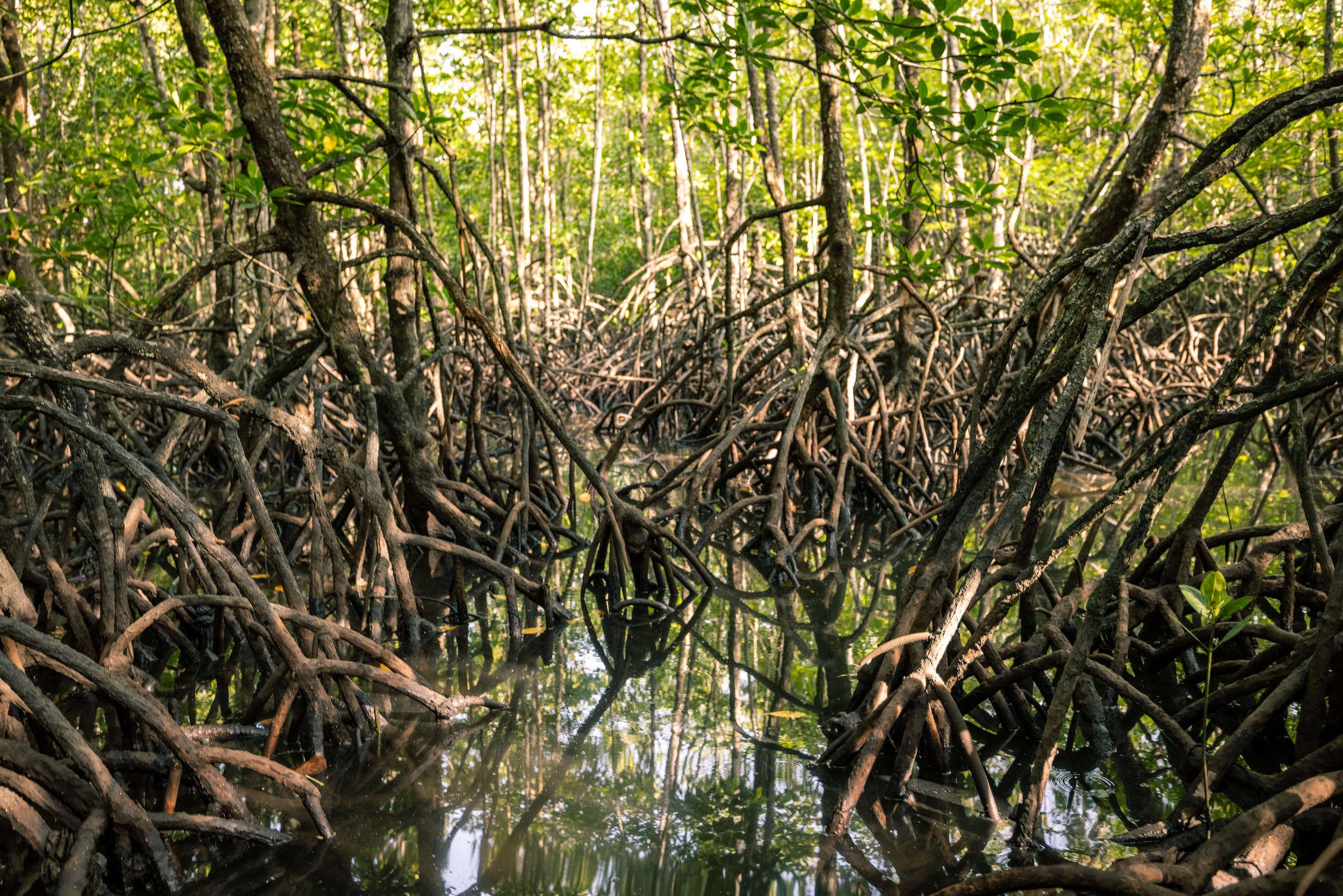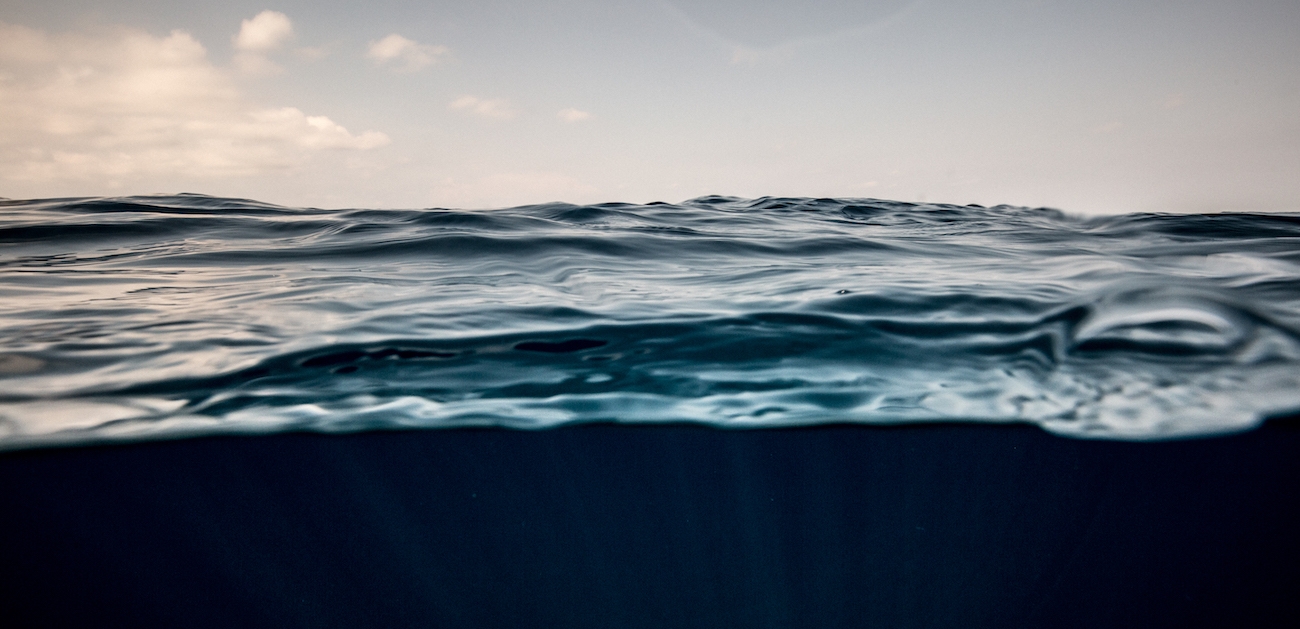
Prioritise coastal and marine ecosystems in the fight against the climate crisis at COP29, say leading environmental organisations
On Ocean Action Day at COP29 in Baku, a coalition of 23 leading environmental NGOs highlights the critical role that healthy oceans play in fighting the climate crisis and supporting coastal communities. The coalition calls on world leaders to formally recognise and integrate our planet’s ‘blue beating heart’ into international climate action.
The ocean, covering over 70% of the Earth’s surface, plays a fundamentally important role in absorbing carbon and mitigating climate change, while also supporting the livelihoods of more than three billion people who rely on it for food and income. By prioritising the health and restoration of these so-called blue carbon ecosystems, global leaders can address both climate change and food security, ensuring long-term benefits for millions today and into the future, say the NGOs.
Despite their vital functions for humanity, blue carbon ecosystems such as seagrass meadows and mangrove forests are disappearing worldwide, with just a handful of pockets of progress. To preserve and protect them, governments should incorporate the protection and restoration of blue carbon ecosystems into their national climate protection plans (NDCs), according to the NGOs.
In addition, greater international cooperation and close coordination between multilateral environmental agreements (MEAs) is required - particularly between the UN Framework Convention on Climate Change (UNFCCC) and the Third World Ocean Conference (UNOC). Protecting the ocean is a key part of climate action, and both can only be effective if tackled together, they say.
The NGOs also highlight that the potential of blue carbon ecosystems is particularly threatened by illegal, unregulated, and unreported (IUU) fishing. Up to one in five fish caught is caught illegally, and since industrial fishing began in the early 1950s, 90% of the world’s large ocean fish – such as sharks, cod and swordfish – have been lost, disrupting the natural balance of marine life and undermining the ocean’s capacity to sequester carbon.
Immediate and coordinated international efforts to combat IUU fishing and increased measures to protect marine biodiversity are urgently needed in order to preserve coastal and marine ecosystems and their vital functions, according to the coalition.
Steve Trent, CEO and founder of the Environmental Justice Foundation, says: “The ocean is our most valuable nature-based solution in the fight against the climate crisis, but it is still being sidelined. This COP must be where that finally changes. Protecting and restoring marine ecosystems must be a core part of climate action. The ocean is the ‘blue beating heart’ of our planet, sustaining the global systems that make life on Earth possible. Illegal fishing jeopardises our ocean’s unique biodiversity and cuts off its ability to support us by taking carbon out of the atmosphere. To safeguard our climate, coastal communities, and future generations, we urgently need stronger global collaboration and a united front across environmental agreements to protect life-sustaining blue carbon ecosystems.”
Joan Edwards, director policy for The Wildlife Trusts, says: “Our seas and marine habitats are critical in the regulation of our climate, yet they are undervalued and negatively impacted by human activities. We need strategic decision-making from policymakers to recognise the value of blue carbon by minimising the impact of damaging activities such as bottom trawling and large development. These must not be allowed to take place in Marine Protected Areas. Protecting blue carbon habitats from disturbance is critical for achieving climate and biodiversity goals – including net-zero and protecting 30% of seas by 2030.“
Dr Silvia Frey, CEO and marine conservation biologist, KYMA sea conservation & research, says: “The oceans are the cradle and the basis of life on earth. However, the biodiversity and vitality of the oceans is threatened by overfishing, pollution and global warming. Climate protection is not possible without marine protection! The preservation of marine ecosystems, in particular mangrove forests and seagrass meadows, coral reefs and the deep sea, must therefore be an integral part of international climate policy.”
Heather Starck, Executive Director, Coral Reef Alliance, says: “The Coral Reef Alliance calls on governments to prioritize the ocean’s role in climate action by protecting coral reefs and other blue carbon ecosystems. Restoring these habitats, committing to 30x30, and halting deep-sea mining are critical to safeguarding biodiversity and reducing carbon emissions. These actions must go hand in hand with bold decarbonization efforts to secure a resilient future for our planet.”
Franziska Walter, CEO of Whale and Dolphin Conservation Germany: “For too long, coastal and marine ecosystems have been an afterthought at international climate change conferences. At COP29, the international community must urgently prioritise the protection and restoration of these habitats. Germany also has some catching up to do here, as it continues to tolerate destructive fishing practices in its marine protected areas, particularly in the North Sea. It is high time that we took our responsibility seriously and took concrete steps to preserve these habitats, which are essential for climate protection. If we continue as before, we will destroy the very basis of our own existence.”
- Signatories: AGA Artenschutz e.V., Blue Marine Foundation, Climate Smart Institute, Coral Reef Alliance, Fair Carbon, FishWise, Galapagos Conservation Trust, Gallifrey Foundation, Gesellschaft zur Rettung der Delfine e.V., Global Ocean Trust, Grupo Ambientalista da Bahia, KYMA sea conservation & research, Living Oceans, Manta Trust, Mundus maris, Oceanic Global, Ocean. Now! e.V., Okeanos Foundation, Rare, Sea Legacy, Stop Finning e.V., The Wildlife Trusts, Whale and Dolphin Conservation Germany

SIGN UP FOR OUR EMAILS AND STAY UP TO DATE WITH EJF

